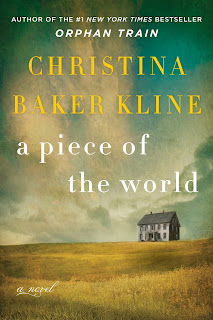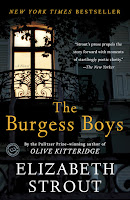 How Knight wound up in the woods -- and survived 27 Maine winters without once building a fire -- is the subject of journalist Michael Finkel's book The Stranger in the Woods: The Extraordinary Story of the Last True Hermit. I couldn't put the book down.
How Knight wound up in the woods -- and survived 27 Maine winters without once building a fire -- is the subject of journalist Michael Finkel's book The Stranger in the Woods: The Extraordinary Story of the Last True Hermit. I couldn't put the book down.Knight grew up in Maine, the son of quiet, self-sufficient, live-off-the-land Mainers. Chris took the family's characteristic reticence to an extreme and after finishing school and quitting a dead-end job, he drove up to Moosehead Lake, abandoned his car, and began trudging south through the dense Maine woods. He eventually found a spot near North Pond (within earshot of civilization) -- a small clearing ringed by thick foliage and huge boulders -- and here he hunkered down for the next 27 years.
Knight's arrest and the incredible unfolding story of his life in the wild caught Finkel's attention, and, through sheer determination and persistence, Finkel was able to launch a correspondence with the man. He also visited Knight in jail several times, never expecting or receiving a warm welcome. His resulting book sheds as much light as can be shed on Christopher Knight.
Some reviewers have dinged the book because they find Knight to be a cipher with nothing deep or interesting to say about his strange existence or his motivations. I disagree. While the hermit is not the most likable guy in the world, I actually grew to like him. He's smart, droll, nuts about books, and eccentric, which is not such a bad thing. He often struck me as insightful and profound. Above all, I found his outdoor survival abilities astounding. He maneuvered through the woods, and in and out of area camps, for decades without being found, and he survived 27 bitter winters through a carefully-honed schedule of meticulous practices (never sleeping past 2 AM on the coldest nights, for instance, so he wouldn't succumb to hypothermia in his sleep). So, Hermit of North Pond: hero or villain? Read this riveting book and decide for yourself.
~Ann, Adult Services




